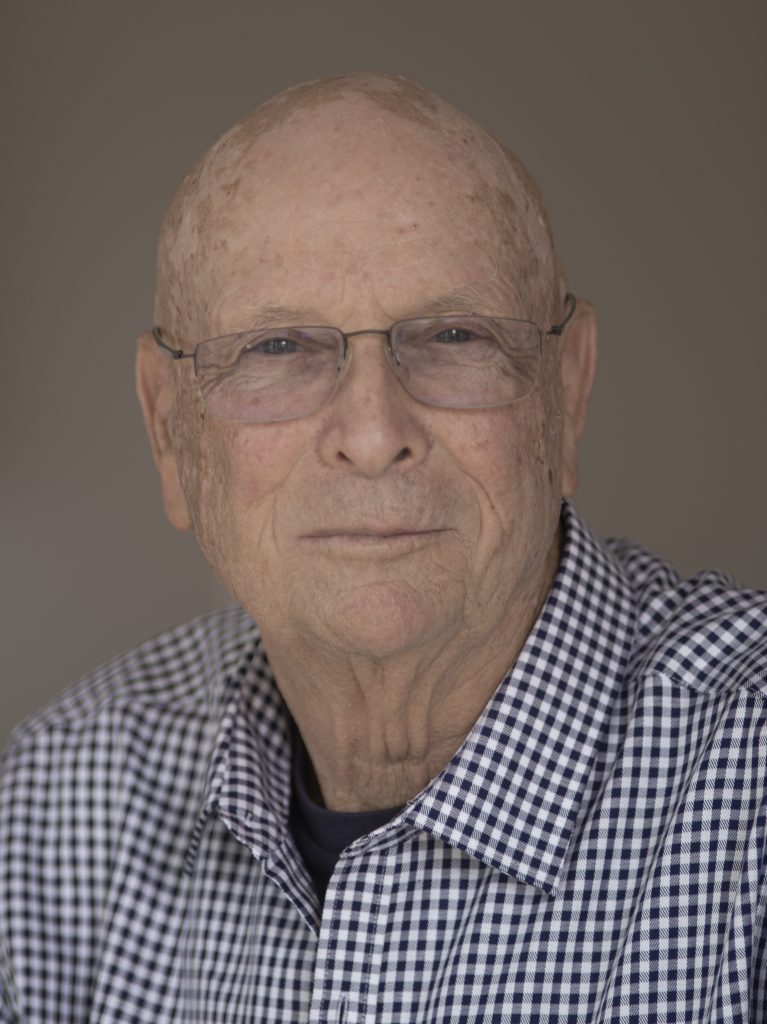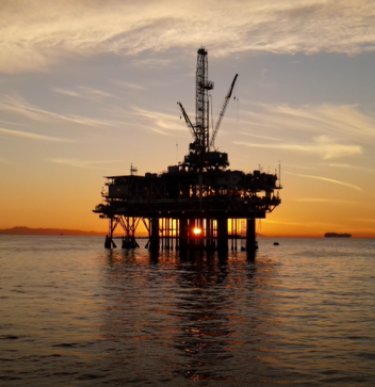Venezuela’s aggression did not deter us, Int’l law favours Guyana’s position – Ratio Petroleum Co-Founder, Geologist
By Kiana Wilburg
When Israeli based Ratio Petroleum took the decision to apply for the Kaieteur Block licence in 2012, it was unaware of any impending claims by Venezuela on Guyana’s territorial sovereignty.
However, the signing of a Production Sharing Agreement (PSA) between Ratio and Guyana in October 2013 was put on pause by the Government.

This newspaper understands that the government’s decision came after Anadarko Petroleum Corporation, the licensed operator for the Roraima Block, had a research vessel called the MV Teknik Perdana, which was conducting a geophysical survey on its behalf in 2013, ordered out of Guyana’s Exclusive Economic Zone by the Venezuelan Navy and escorted to the island of Margarita.
The Research vessel had at least five US citizens onboard. Since that incident, Anadarko has not resumed exploration activities.
The Roraima Block, which is adjacent to the Kaieteur Block (Block B), was known at that time as Block A.
Subsequent to this event, one of Ratio’s co-founders and Senior Vice President (SVP) of Exploration and Production, Eitan Aizenberg, categorically stated that this was by no means an intimidating factor for the company.
During an exclusive interview with this newspaper, the geologist said that in the risk analysis that was subsequently done, Ratio was of the conviction that this was a risk it could live with, mostly because it believed, and knew that international law favoured Guyana’s position hence. It was therefore ready to sign the Production Sharing Agreement (PSA) with the Government and start working on the area immediately after all the terms of the PSA were agreed in early 2013.
Aizenberg shared that a lot of work, effort and time had gone into the preparation of the application and negotiation of the PSA by this time.
The Ratio Co-Founder said, “The tricky thing with under-explored basins with no discoveries, like the Guyana-Suriname Basin was at the time of the application, is to build the geological analysis with very little information that is available but with a lot of creativity, out of the box thinking and using the broad industry knowledge and experience you have in-house. This is what we did in Israel and the same in Guyana.”
Aizenberg said that Ratio’s proposal to the authorities detailed the work programme that would have been carried out once they were allowed to get to work, that is to say, conducting 2D and 3D seismic acquisition, interpretation and eventually leading to the drilling of exploration wells on any prospects that were generated from the work, just in the same way they did on Leviathan in Israel. The geologist also noted that amounts for annual rental fees, commitments for training etc. also underpinned the company’s plans.
When that was completed, the SVP shared that the Licence and Petroleum Agreement for Kaieteur were eventually signed in April 2015 after Ratio and the Government of Guyana agreed to delay the commencement of petroleum operations until expressly permitted to commence same by the Government.
The geologist said, “We respected that and believed that we would receive permission to start work on Block B (the Kaieteur Block) as we had no doubt that Guyana’s position in the dispute with Venezuela was the just one according to international law as well as with every international parameter and standard we knew.”
SIDE AGREEMENT
But even after the PSA was signed, there was a caveat attached to it.
Based on documents emanating from the Guyana Geology and Mines Commission (GGMC), the Kaieteur Block licence was granted to Ratio on the condition that only 40 percent of the block could be explored due to the ludicrous claims and threats from Venezuela.
The Side Letter Agreement, which was seen by this newspaper, was signed between former President, Donald Ramotar, Ratio Energy Limited and Ratio Guyana Limited on April 28, 2015.
In 2017, the Granger administration granted the licence holders permission to begin exploration works after ExxonMobil farmed into the block and became the Operator.
Source:





